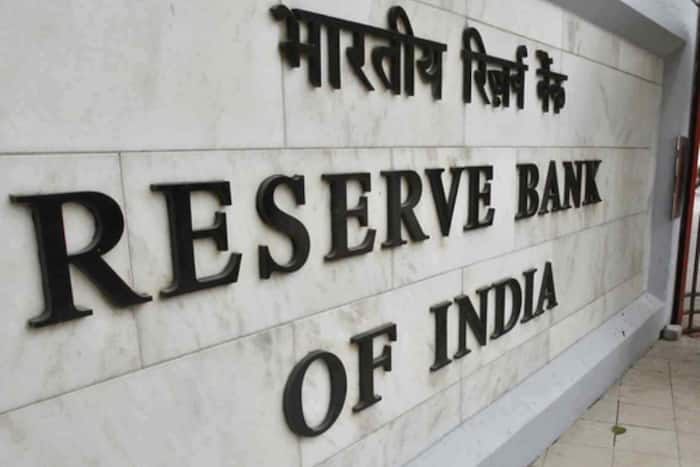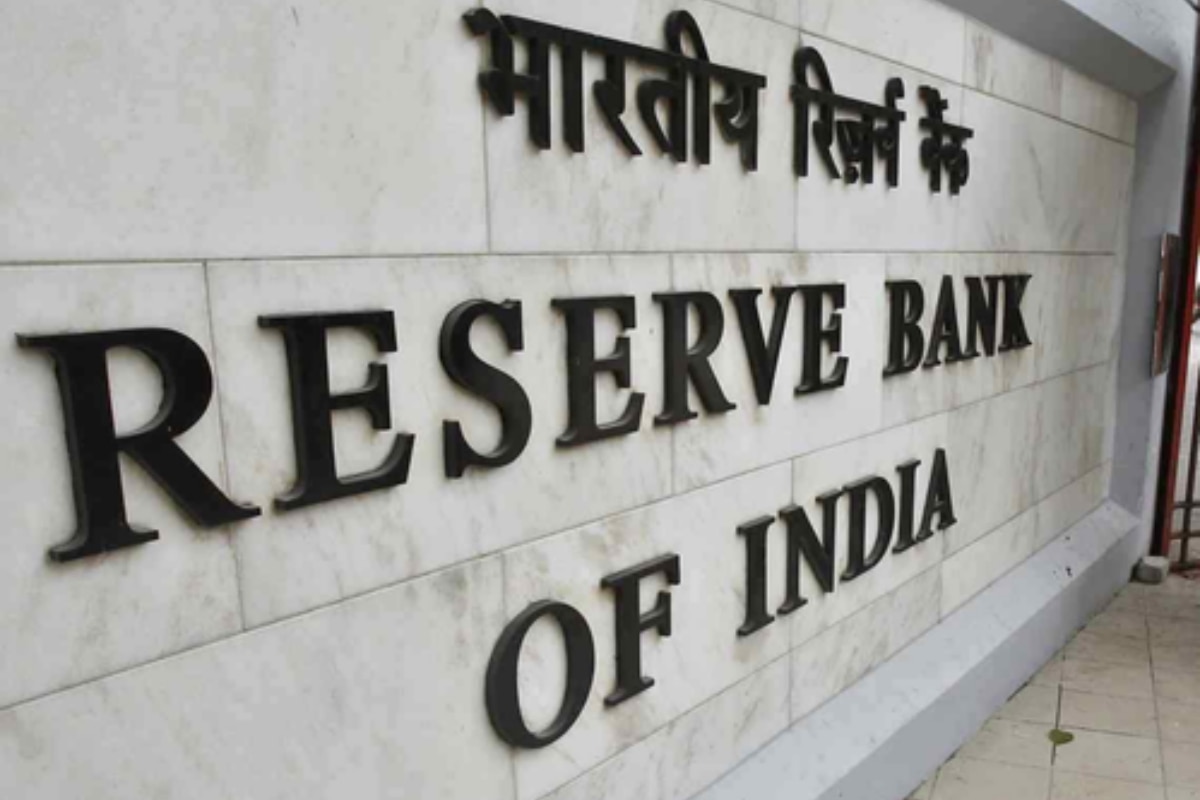The directions from RBI have clarified the roles and responsibilities of the system operator and system participants.

Mumbai: In order to simplify and make the system of bill payments more seamless and enhance customer protection, the Reserve Bank of India (RBI) has introduced a new framework called the Bharat Bill Payment Systems Directions, 2024. The fresh directive is aimed at impacting NPCI Bharat Bill Pay Limited (NBBL) as well as all Bharat Bill Payment Operating Units (BBPOUs). Notably, all these are all branches under the umbrella of the National Payments Corporation of India, as per a report by IANS.
RBI Issues Directives To Streamline Bill Payments
These directions seek to streamline the process of bill payments, enable greater participation, and enhance customer protection, among other changes. The directions were issued on February 29 and will come into effect on April 1, 2024.
The directions state that NBBL is the entity authorised as the Payment System Provider for Bharat Bill Payment System (BBPS). Any entity, other than a biller, operating a system for payment of bills outside the scope of BBPS is a ‘payment system’ and will require RBI authorisation to undertake the activity.
Bharat Bill Payment Systems Directions, 2024- RBI Directives
The directions clearly spell out the roles and responsibilities of the system operator and system participants. It states that the Bharat Bill Pay Central Unit (BBPCU) will provide guaranteed settlement of all transactions routed through NBBL. It will also:
- Ensure that all transactions have BBPS reference number from the payment initiation stage
- Ensure no funds in the system flow through any TSP
- Provide a framework for redressal of consumer disputes
The Biller Operating Unit (BOU) will have to ensure compliance with due diligence requirements with respect to the onboarding of merchants.
Customer Operating Unit (COU) will:
- Provide digital/physical interface to their customers, directly or through agent institutions
- Ensuring customers have access to all billers onboarded on BBPS
- Provide a system for raising disputes; and Taking responsibility for the activities of its agent institutions, for which they have entered into agreement with the COU
With regard to escrow account operations the direction states:
- A non-bank BBPOU shall open an escrow account with a Scheduled Commercial Bank exclusively for BBPS transactions
- Non-bank BBPOU operates as Payment Aggregator (PA) when it collects funds from its customers or settles funds with billers on-boarded by it. For the purpose of maintenance of escrow account, payment system operated by BBPOU shall be deemed to be designated payment system
The master direction spells out clearly the need for a Complaint Management and Grievance Redressal system. It lists the following steps:
*NBBL shall put in place a dispute resolution framework for centralised end-to-end complaint management in compliance with RBI’s guidelines
*All participating COUs and BOUs shall be integrated to the centralised system and enable the customers and billers to raise and resolve disputes in accordance with the dispute resolution framework of NBBL. BBPS reference number generated while initiating the transaction shall be used for this purpose
*COUs and BOUs shall ensure that failed transactions are dealt with in accordance with the timelines prescribed in RBI’s circular on Harmonisation of Turn Around Time (TAT) and customer compensation for failed transactions using authorised Payment Systems.
(With inputs from agencies)

